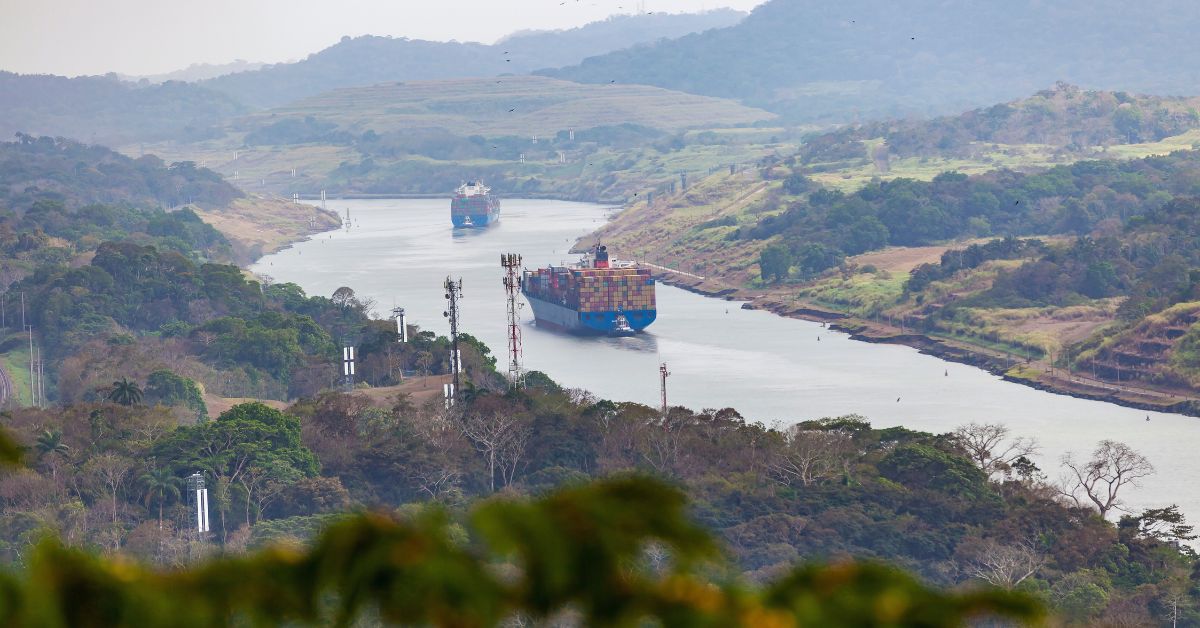

Local communities that would need to leave their homes and relocate due to the Panama Canal’s plans to construct a $1.6 billion reservoir have filed a lawsuit in the Supreme Court.
They claimed that the project to increase the number of vessel transits in the canal is not constitutional.
Per reports, around 2500 people will be impacted by the construction of the Rio Indio Reservoir.
The canal authority has said that there is a need to secure more water after drought forced it to decrease the number of ship crossings from spring 2023 to 2024.
Once the reservoir is built, it will increase the canal’s capacity by up to 15 ships per day during the dry season and also supply drinking water to 4.5 million Panamanian people.
Coordinadora Campesina por la Vida, the farmers’ group that filed the lawsuit, said most residents do not want to relocate, adding that the project violates the constitution on six grounds, including disregard for human life and environmental treaties signed by the nation.
They also stated that the canal authority did not consult the affected communities.
He group added that another project, which involves the expansion of a reservoir served by the Bayano River, which wouldn’t need people to relocate, should be developed instead of this one.
Santander Tristan, lawyer for the communities, said in court that the canal has not done things right and the Rio Indio Project must be stopped, and a process of dialogue should be started.
Florentin Chiru, Vice President of the Group, said that the canal authority lied when it stated that 85% of the communities were in favour of the construction.
He added that initially, people were not told that, nor asked whether they would want to leave their land.
The group does not support a massive dam that would be constructed to contain the Indo River, and environmental activists said that dams are reducing the biodiversity of Panama.
Approximately 100 residents and farmers organised a protest outside the court, saying that they do not oppose progress, but the move that seeks to remove them from their land without their consent.